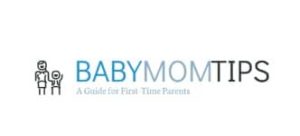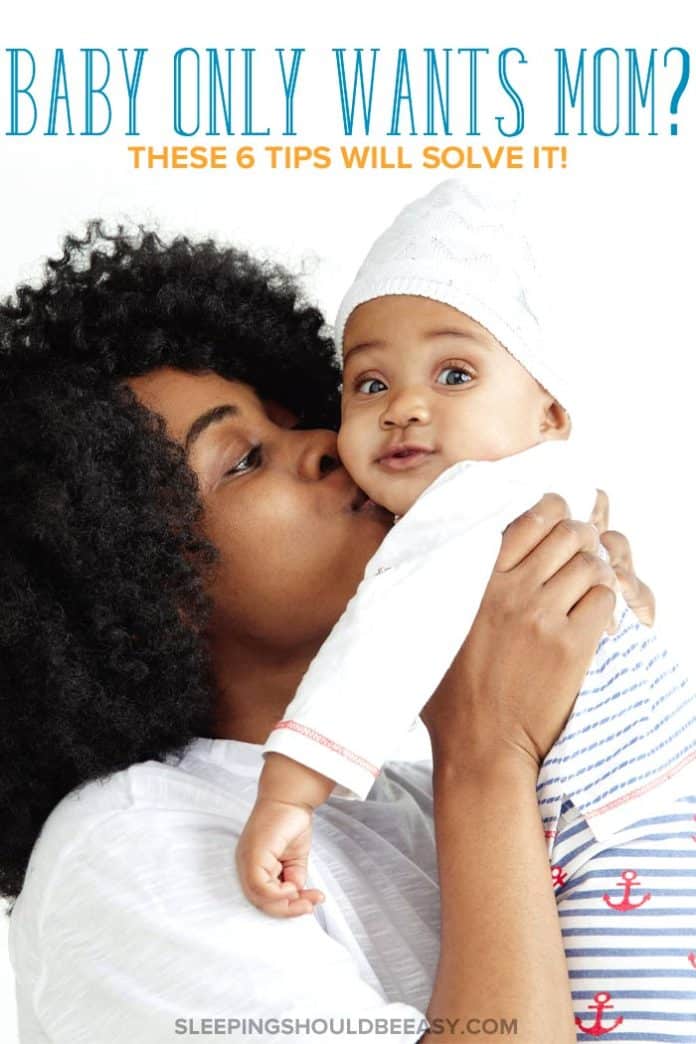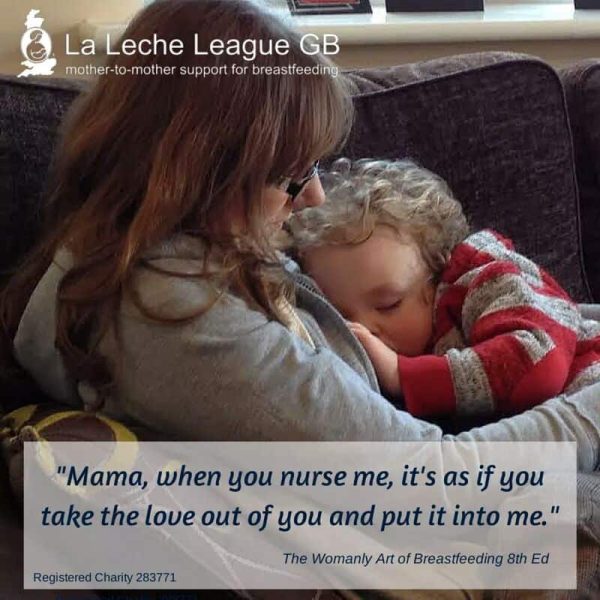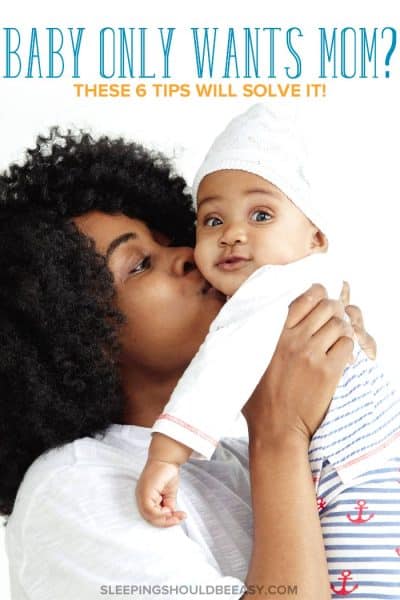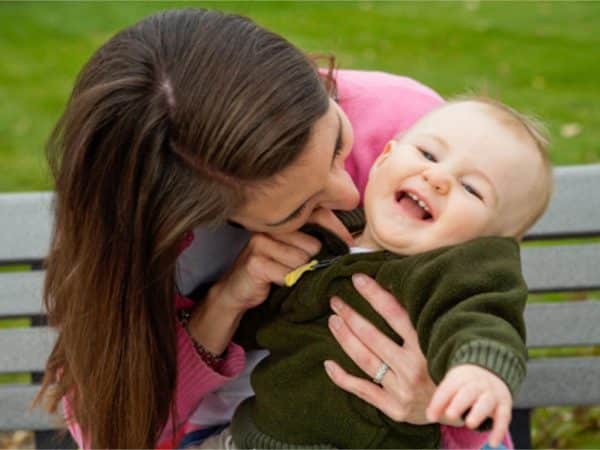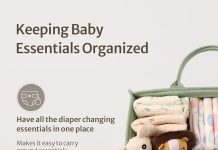Imagine a world where you are the center of your little one’s universe. As a parent, you have nurtured and cared for your baby since the day they were born.
But have you ever wondered at what age babies start displaying a strong desire for their mom? It’s a question that many parents have pondered, and in this article, we will dive into the fascinating journey of a baby’s attachment to their mother and explore when this longing truly takes root.
So, if you’re curious to unravel the mystery behind a baby’s yearning for their mom, stay tuned!
Review contents
Newborn Stage
The newborn stage is crucial for bonding between the baby and their parent or caregivers. Immediate bonding is essential during this time, as it helps to establish a strong foundation for the baby’s emotional development. As a newborn, you are highly receptive to your surroundings, including familiar voices and smells. It’s no surprise that you prefer the voices and smells you have encountered in the womb. These familiar sounds and scents provide a sense of security and comfort during this adjustment time to the outside world.
2-3 Months
At around 2-3 months, you start developing a growing social awareness. This means that you are becoming more attuned to the people around you and are beginning to recognize familiar faces. It is during this stage that you may show a preference for your mother’s voice. Your mother’s voice is likely to be the most familiar to you, as you have been hearing it even before your birth. The soothing sound of her voice can instantly comfort and reassure you. As you continue to grow and develop, recognizing familiar faces and voices becomes essential to your social interaction and sense of security.
4-6 Months
Between 4-6 months, you begin developing stronger attachment and bonding with your primary caregiver. This is a significant milestone in your emotional development. You start recognizing your caregiver’s face and establishing trust and security with them.
However, along with this attachment comes separation anxiety. As you become more aware of your surroundings, you may experience distress when separated from your caregiver. This separation anxiety is a normal part of your development and reflects your growing awareness of the bond between you and your caregiver. Your caregiver must offer emotional support and comfort during this time to help you navigate this stage.
7-9 Months
Between 7-9 months, you begin to exhibit increased independence. You start to explore the world around you, discovering new things and learning to move independently. However, along with this newfound independence comes stranger anxiety. When encountering strangers, you may become wary of unfamiliar faces and show distress or discomfort. This is another regular and healthy part of your development as you become more selective about the people you trust.
Alongside stranger anxiety, signs of separation anxiety may persist. You may show distress when separated from your primary caregiver, as you still depend on them for security and comfort in unfamiliar situations.
10-12 Months
As you approach your first birthday, you continue to grow in autonomy. At this stage, you are more confident in your abilities and feel accomplished when you achieve new milestones. While becoming more independent, you may also exhibit clinginess and a heightened need for security from your primary caregiver. This is because you still rely on them as your haven, especially when faced with new or challenging situations. Your mother, in particular, is vital in providing you with the emotional support and reassurance you need during this stage of growing autonomy.
1-2 Years
Between the ages of 1-2 years, your exploration and curiosity continue to drive your development. You are eager to discover and understand the world around you. During this time, you may develop an attachment to a particular object, often called a “transitional object” or a security blanket. This object provides you with a sense of comfort and familiarity, especially when your primary caregiver is not around. Separation and stranger anxiety may still exist, as you depend highly on your mother or primary caregiver for emotional security and reassurance during new experiences.
2-3 Years
By 2-3 years, you develop a stronger sense of self and autonomy. You are becoming more confident in expressing your wants and needs and asserting your independence. However, even with this growing independence, you still need security and reassurance from your mother or primary caregiver. Affection and reassurance are crucial to your emotional well-being during this stage. You continue to develop a sense of trust and emotional stability through your mother’s nurturing and supportive presence.
3-4 Years
Between 3-4 years, your independence increases as you establish peer relationships and interact more with your peers. You become more aware of social norms and begin to develop social skills. However, your mother remains an essential source of emotional support during this time. She is an emotional anchor, providing guidance and comfort when facing challenges or conflicts with peers. The bond between you and your mother helps you navigate the complexities of social interactions and fosters a sense of security and emotional well-being.
4-5 Years
At the age of 4-5 years, your social skills continue to develop as you grow more aware of your emotions and the emotions of others. Emotional attachment becomes even more significant as you form closer bonds with friends and family. You begin to understand the importance of trust and rely on your mother as guidance and emotional support. Through her love and understanding, your mother continues to instill a sense of security and confidence in you, helping you navigate the challenges and transitions of childhood.
5+ Years
As you enter the school-age years and beyond, there is a gradual decrease in dependency on your mother. You continue to forge emotional connections with others, including friends, teachers, and other caregivers, while still valuing the unique bond you share with your mother.
She remains a source of guidance, offering support and reassurance whenever needed. Your mother’s role evolves into that of a trusted confidant and advisor, guiding you through life’s ups and downs and providing stability and love.
In conclusion, the desire for your mother starts from the very beginning, as immediate bonding and a preference for familiar voices and smells are instinctive in newborns.
As you grow and develop, the need for your mother’s presence and emotional support evolves through various stages, from attachment and separation anxiety to growing autonomy and establishing peer relationships. Throughout the years, your mother remains a constant source of love, security, and guidance.
